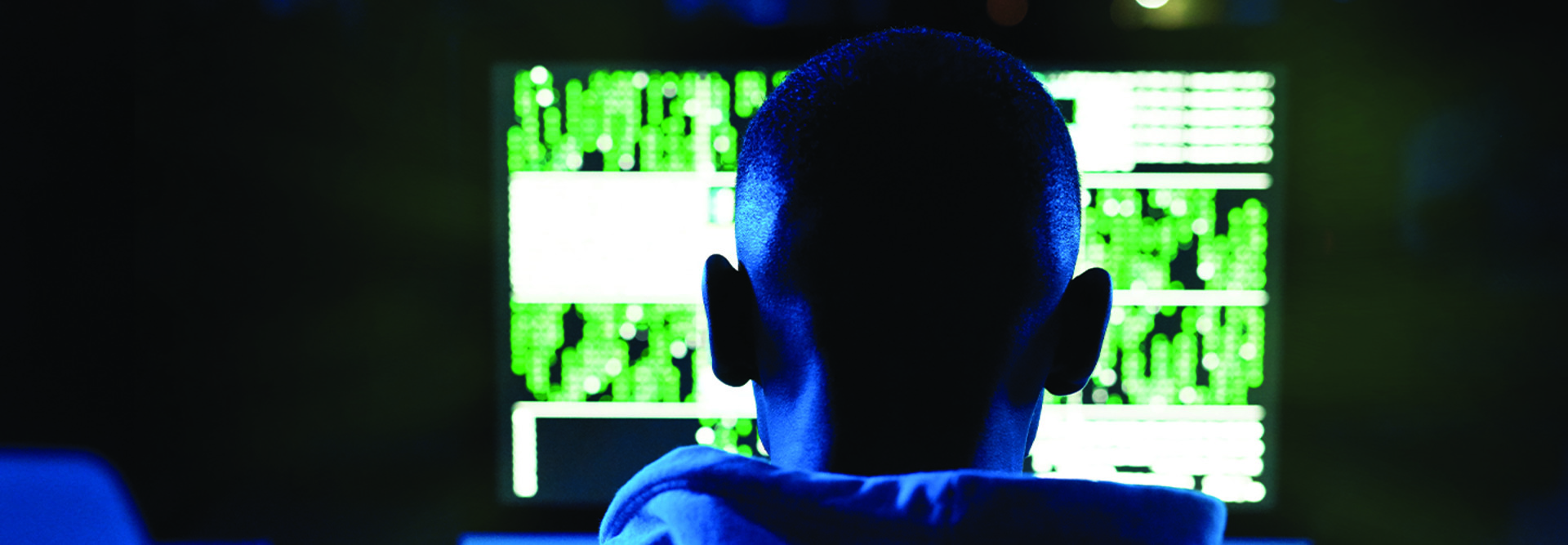How Security Leaders Are Moving Forward
Cybersecurity leaders are accustomed to adapting to a constantly evolving landscape. Still, this year has thrown a number of curveballs at security professionals across industries with the move to widespread remote work. Organizations have had to shift their security focus to the user as workforces have dispersed far and wide.
But under the surface of that disruption, bad actors are continuing to transform their tactics. At Black Hat’s CISO Summit, industry leaders will discuss the state of cybersecurity, review current threat trends and share methods of defense for their organizations.
In addition to looking at immediate threats, CISOs will dive deeper into long-term security strategies and goals, the evolving trend of insider threats and the concept of zero-trust security. They’ll also discuss how the role of the CISO has evolved and how to bring a value-based approach to security.
MORE FROM BIZTECH: Learn about the security priorities IT leaders are focused on.
New Attempts to Hack the Human Mind
From the COVID-19 pandemic to the presidential election, 2020 has been an active year for misinformation campaigns. Bad actors and even governments have long used disinformation as a tactic, but the growth of technology and social media thrust the practice to the forefront, particularly after the 2016 presidential election.
We often think of disinformation campaigns as being a political threat, but they are a threat to businesses as well. Not only can misinformation damage a company’s reputation, and eventually its bottom line, but deepfake technology can also allow bad actors to impersonate executives, potentially stealing millions.
Be it at the hands of criminals, an extremist group or a foreign government, security professionals need to stand ready to combat this growing threat. At Black Hat, researcher Renee DiResta of the Stanford Internet Observatory will dive deeper into hacking the information space, demonstrating how it isn’t only a problem for public entities. The second keynote address, delivered by Matt Blaze of Georgetown University, will look at the challenges of election security in the midst of a global pandemic.
Whether you’re looking to defend against current threats or trying to create a strategy for the future, Black Hat will have guidance. Follow BizTech’s coverage here.











